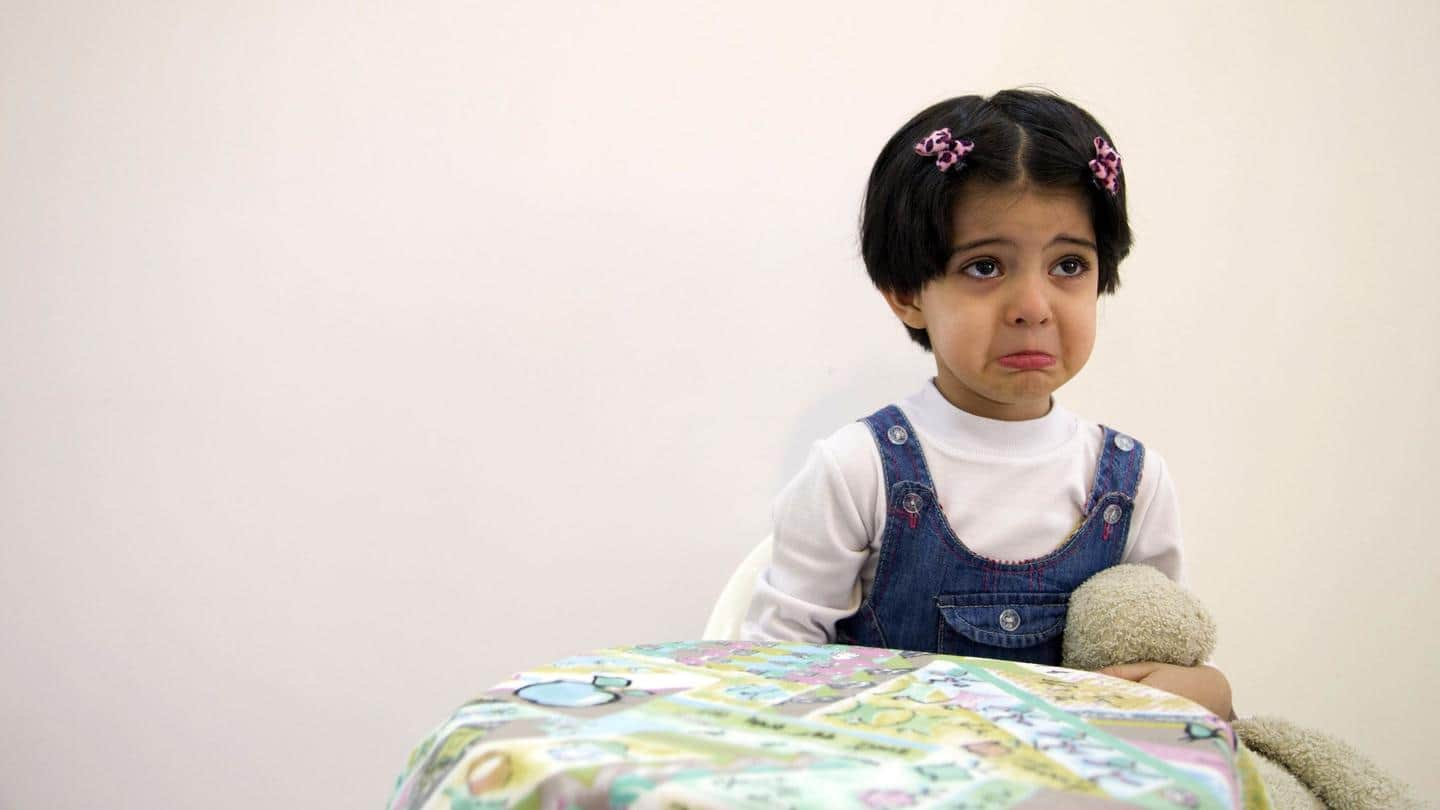
Things you must never say to your children
What's the story
Children learn from their environment much quicker than you might think. If you catch your child telling lies or using bad words there's a high chance they've learned it from someone they are frequently around. How we treat, speak, and behave with children matters more than you would think. Speak to children in a healthy manner to help them feel supported and loved.
#1
My house, my rules
Many parents love to use this or similar phrases when disciplining their children. Saying things as they live under your roof so they must follow what you say can make them feel unwanted and burdensome in their own home, which is severely toxic. Instead of such harsh statements, try being polite yet firm reminding them to follow the rules of the family.
#2
Big boys/girls don't do such things
This happens very often, sometimes parents even use similar phrases without meaning to demean their children. Whatever be the matter, do not accuse children of behaving like their age. If there's an issue, discuss it with them openly, without bringing up their age in the debate. Make them feel heard and understood by actually trying to grasp why they behaved a certain way.
#3
Stop reminding them how you do everything for them
It was your decision to have a child, and you were aware that you had to provide for and take care of the child. Constantly claiming credit for your job as a parent can eventually make your child feel unloved and pressured. Rather, tell them politely that you do things for them out of love and then ask them to listen to you.
#4
Don't shush a crying child
Telling children to stop crying does not help, but scares them to express emotions in the future. Invalidating their feelings is not the right way to communicate. Try asking why they are crying, let them share their problems with you, and then try to solve the matter. This will help develop trust and make it easier for them to approach you in the future.
#5
You're just like your mother/father
This kind of statement can bring about confusion and make the child feel divided. Furthermore, it makes them feel as though they cannot be held accountable for what they did since it's an inherited trait from the accused parent. Instead of pointing out a parental trait, make it known to them that what they have done is wrong and is not appreciated by you.